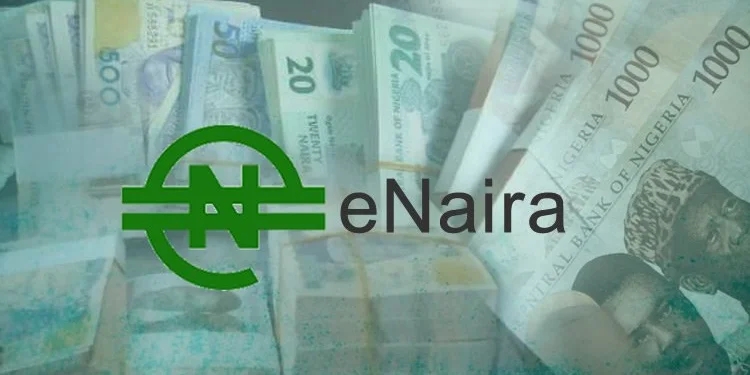The Central Bank of Nigeria (CBN) has unveiled plans to broaden the application of its digital currency, eNaira, to facilitate seamless payments into government accounts.
The eNaira, a digital form of the fiat currency, is issued and regulated by the CBN. This development is part of the CBN’s ongoing efforts to enhance financial inclusion, reduce fraud, and promote the cashless policy.
As outlined in CBN’s newly released Monetary, Credit, Foreign Trade, and Exchange Policy Guidelines for Fiscal Years 2024-2025 document, the CBN will allow Ministries, Departments, and Agencies (MDAs) to initiate vendor and beneficiary payments using eNaira wallets.
Furthermore, the apex bank will deploy eNaira version 2.0, focusing on wholesale Central Bank Digital Currency (CBDC) to increase participation from deposit money banks.
- Advertisement -
Additional features slated for implementation include offline functionality and programmable money, aimed at integrating eNaira into both online and offline government activities.
These enhancements are expected to boost the adoption of eNaira, which has remained relatively low since its launch in October 2021.
Notably, Nigeria ranks among the top three countries globally in successful CBDC implementation. However, the International Monetary Fund (IMF) has highlighted slow growth in eNaira wallet downloads among retail users.
The CBN aims to address this through collaborations with federal and state governments, as well as deposit money banks, to drive eNaira adoption in both the public and private sectors.
This comes as Nigeria is now among the top three countries to adopt a central bank digital currency.










